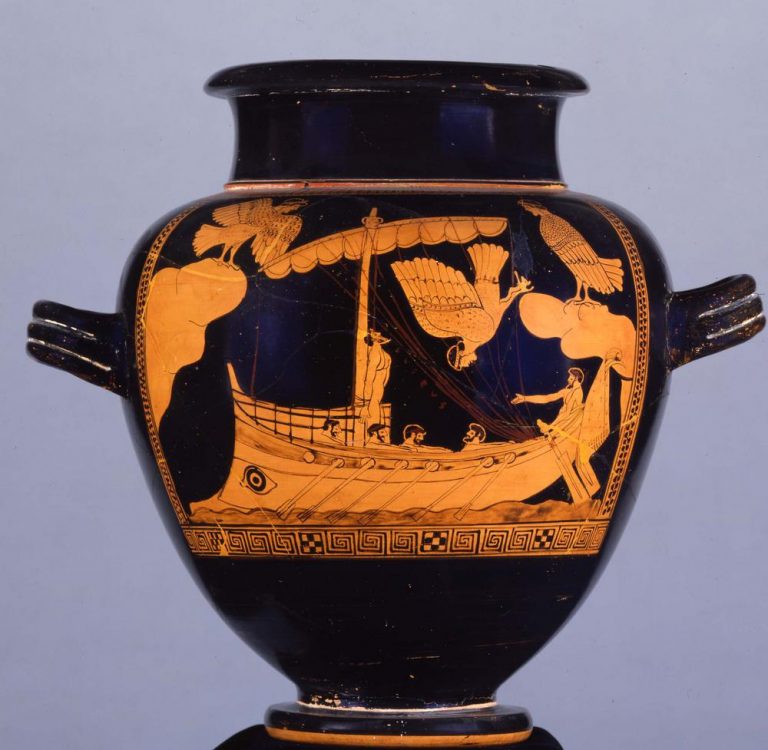
Odysseus
One of the endlessly fascinating things about the early Church is the way in which the Fathers (and Mothers, too, though they left less evidence in writing) used classical culture as a way of illuminating Christian revelation. Many of them knew Homer by heart. The story of Odysseus’s return from Troy shaped their consciousness. The passage in which he had himself tied to the mast to resist the sirens’ call had special appeal. In it they saw an image of the Christian’s return to the Homeland in a voyage marked by ‘glorious risk’, καλὸς κίνδυνος. The sirens symbolised ‘the world’ as the New Testament writers understood the term: creation as opposed to God, endeavouring to draw us away from him. St Jerome wrote in his commentary on Isaiah (PL 24, 216B): ‘The sirens still repose in shrines of pleasure. By means of a sweet but death-inducing song, they pull souls into the depths.’ I dare say that peril is still to be reckoned with, but are we able, in this day and age, to recognise the sirens’ warbling for what it is?
